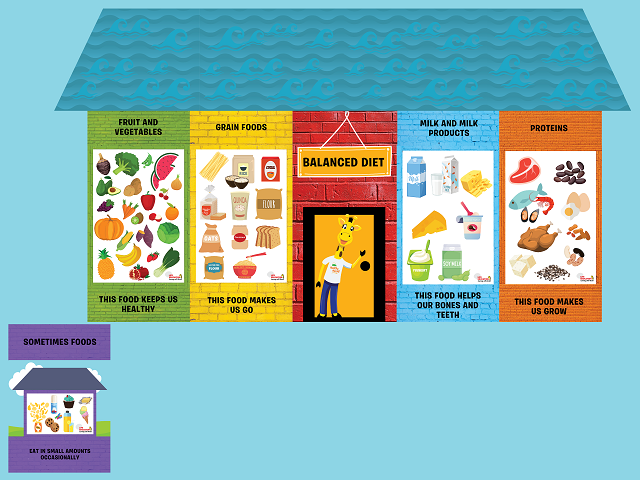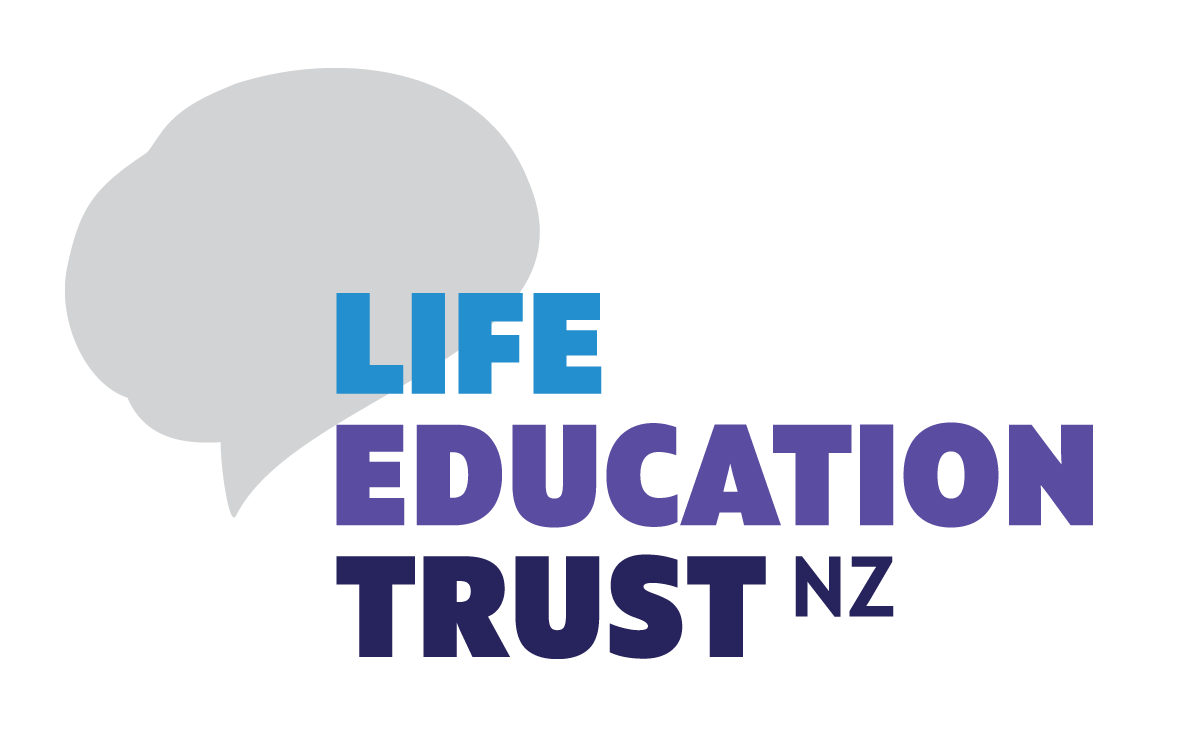Harold on nutrition: balance and small steps
| Educator Carleen Craig is passionate about equipping tamariki with the knowledge to make informed choices about their health and nutrition. She took some time out to tell us about how she and Harold design and deliver sessions that both kids and schools love. |  |
Like all of our Educators, Carleen is a qualified teacher. She says, “I’ve been teaching for 13 years and in South Auckland schools. With Life Education, I keep working with the communities I love while being able to really focus on areas where there’s a huge gap.”
“I could see that families are doing the best they can despite facing tough budgetary constraints. Our programmes help kids learn about balanced lifestyles and get helpful information without judgement. When Life Education delivers learning on nutrition, it also means schools can focus on all of the other demands they face.”
We focus on empowering kids
Life Education’s nutrition programmes are incredibly rich and varied. Carleen tailors every session to meet the schools’ objectives, but there’s a common thread.
"The biggest message is that making a small change is a good change. It's all about doing little bits at a time. We help kids feel empowered to make the best choices for themselves with what's available. There's no 'You should do this' or 'It's bad to do that',” she explains.
In fact, there’s very little ‘telling’ in any of Life Education’s sessions. Instead, lessons are interactive so kids explore and learn through discovery. And that's not fun for only the students; Carleen clearly gets just as much enjoyment from watching their excitement.
Interactivity keeps kids engaged
“Finding out the sugar content of dried fruit compared to fresh fruit always amazes kids. You can see it just blows their minds away!”
“We have a what's called Food Analyser programme. It's an application we use in the classroom that gives nutritional information on lots of different foods. We try different things like raisins and grapes. Kids see that although these foods might start out as the same thing, the sugar content is astronomically different.
“We look at much more than sugar. It might even be comparing the nutritional difference between different items on a fast-food menu so kids are equipped for such choices if that’s what they face.
Sessions are designed to suit the school
“Before we plan our sessions, we find out exactly what each school would like us to focus on among the various topics we cover. For example, learning balanced diet or finding out how to understand information on food packaging.”
Carleen often works in schools where lunch is provided. She says this offers an opportunity to connect learning to experience.
“We can have great discussions about how all of the contents in these lunches bring nutritional balance.”
We’re able to bring the latest expert knowledge
Life Education Trust offers strong professional development around nutrition and works with subject matter experts to ensure all its educators have the latest information. Dr Geoff Kira is one such expert who makes a signification contribution as one of Life Education’s Trustees. He’s a thought leader on food security in Aotearoa and helps us keep the focus on what’s most relevant for our tamariki.
 |
Carleen explains, “We don’t use the old ‘Food Pyramid’ approach. For younger kids, we talk about Harold’s ‘pātaka’, which is like a traditional larder. Harold keeps a few treats in there, but he saves those for special times rather than every day!” |
“It’s not about saying one diet is better than another; it's about understanding the nutritional value. And we talk about serving sizes. When it comes to protein, there’s meat and alternatives with non-meat options.”
We encourage kids to keep learning with their whānau
During our visits, we give children take home activity packs that are designed for their age and help embed what we covered. They include games and activities for children to do with the family. And can be as simple as working together to classify foods as fruits or veggies, or figure out where they come from.
Life Education makes resources freely available to children and families all around the country with its Small Changes initiative and by making teaching resources available online. As a result, schools can see the quality of what's presented, and Life Education can make a greater impact.
Many of today's parents have fond memories of Life Education's school visits, and we know they enjoy doing activities with their own families now. Why not pop over and see what’s there ?
